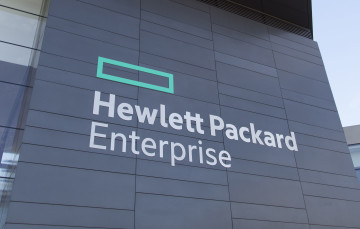 A report from MSP Barracuda shows that cyber-criminals have been taking advantage of the COVID-19 pandemic.
A report from MSP Barracuda shows that cyber-criminals have been taking advantage of the COVID-19 pandemic.
According to Barracuda Vice President, Brian Babineau, channel partners currently on their MSP journey, now is the time to really think about adding security to their services portfolio.
The report shows that 88 percent of partners questioned, believed demand for security services was set to increase over the next 12 months.
“It also is no surprise that 91 percent of the global MSP partners we surveyed are planning to increase the number of services they offer in the coming year, particularly around security”, he said.
Managed services are set to be the top revenue generator for the vast majority of respondents.
A total of 69 percent of respondents picked managed services as the biggest opportunity for increasing sales this year. This is significantly up on 2019 where 54 percent saw managed services as their biggest opportunity, he said.

















